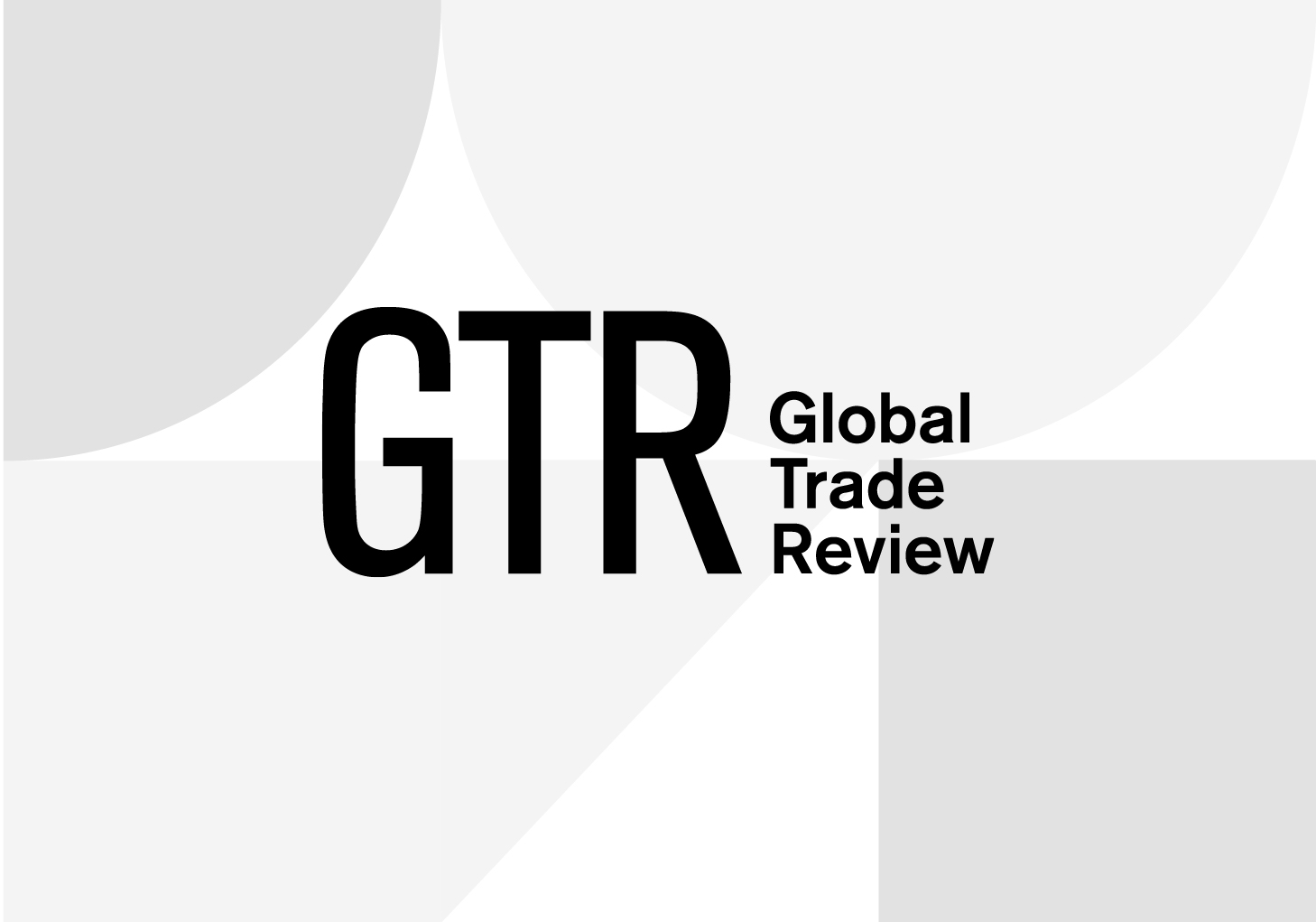Unreliable local partners, suppliers and customers are consistently considered to be a leading risk to doing business in emerging markets. Despite these challenges and others, such as corruption, business sentiment towards trading in emerging markets remains bullish; according to a survey of multinational companies commissioned by Atradius, the global credit insurance and credit management firm.
The survey reveals that most of the respondents (67%) believe investment in emerging markets will continue to grow, with 74% already actively investing in Central and Eastern Europe.
Wilfried Verstraete, chief executive officer of Atradius, says commenting on the survey’s findings: “Investment in emerging markets is expected to continue to grow, as a result of the attractive opportunities to benefit from affordable often skilled labour pools, competitive business environments, and improving political and economic operating environments in these markets. However, when pursuing business expansion in emerging markets it is important for companies to carefully review their strategies and develop a risk management strategy that will effectively protect their interests without unnecessarily handicapping their growth plans.”
Verstraete continues, “When dealing with different markets, cultures and operating practices it pays to develop an understanding of the companies and people you will be working with. When you know what to expect you can better prepare for and manage the risk. This holds true for corruption as well.”
Yet many companies are not putting in place comprehensive risk management strategies, which include insuring themselves against financial insecurity.
He adds: “When it comes to managing risk, the current preferred approach is the use of consultants and establishing a local presence. While these can be effective tools for managing your business, they can’t provide the same level of financial security that credit insurance can when managing outstanding receivables in less familiar political and business environments.”
The survey reveals how multinationals seek to gain market entry, their main worries and risk management strategies to compete in emerging markets.
Survey highlights
- The preferred strategy for entering into the Central and Eastern European Markets is through establishing a physical presence “wholly-owned greenfield “sites (26%) followed in descending order by M&A (23%), trading relationships and joint ventures (15%), importers (13%), and lastly outsourcing agreements (8%).
- The preferred strategy for entering the Chinese, Indian and Southeast Asian markets is through joint ventures and alliances (40% and 30% respectively).
- In China, other strategies, in descending order, include wholly owned greenfield sites and trading relationships, M&As, importers, and outsourcing agreements.
- Multinationals prefer to retain a direct stake in their businesses, with very few opting to outsource in order to gain a foothold in new markets.
- The chief concern of respondents doing business in Central and Eastern Europe is corruption (30%) followed by unreliable partners (20%), lack of a skilled workforce (20%), political lobbying (18%), government’s lack of clarity in making policies and regulations clear to foreign investors (10%), intellectual property and brand management (10%), and a lack of government support in promoting business friendly regulations (15%). They worried least about poor physical infrastructure and international trade disputes.
- In China, the most pressing challenge is considered to be intellectual property issues (30%) while the lack of a skilled workforce and poor physical infrastructure were the least worrisome.
- In Southeast Asia and India, respondents had no strong views on risks although political lobbying, lack of government support in promoting business friendly policies and regulations, and the government’s lack of clarity in making policies and regulations clear to foreign investors were all cited as top issues.
- Use of insurance as a risk management tool is market sensitive. In Central and Eastern Europe insurance is used far more frequently than in Asia. This reflects the familiarity and availability of insurance products in these markets and the frequency of use by their primary trading partners.
- Political lobbying is consistently infrequently used.
- Over half of the respondents on Central and Eastern Europe use local consultants to help manage their emerging markets risks. In descending order, other approaches are implementing a group-wide risk management strategy, opening local offices, taking out insurance and finally political lobbying.
- In China, the most popular approach is opening local offices, followed by hiring local consultants, implementing a group-wide risk management strategy, insurance, and political lobbying.
- In Southeast Asia, the preferred approach is opening local offices, followed by implementing a group-wide risk management strategy. The least popular approach is political lobbying.
- Surprisingly implementing a group-wide risk management policy did not feature as the top management tool in any of the three market groupings.
The highest percentage of respondents are investing in Central and Eastern Europe 74% vs 43% in China and 35% in India and Southeast Asia. - Within Central and Eastern Europe the favoured countries are Poland (60%), Czech Republic (46%), Russia (40%) followed by other EU accession countries
In Southeast Asia, India followed in descending order by Malaysia, Thailand, and Indonesia. - Atradius commissioned CFO Europe to poll senior financial managers. The responses reflect the feedback of managers in 20 countries primarily throughout Europe.







